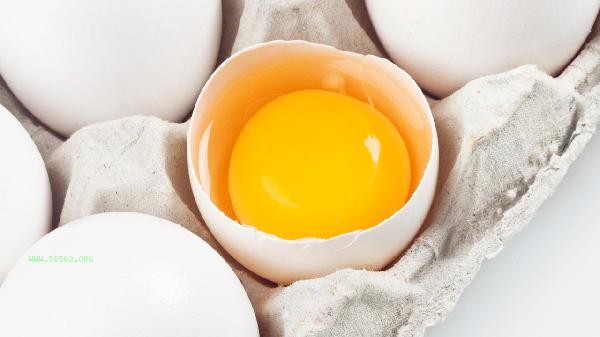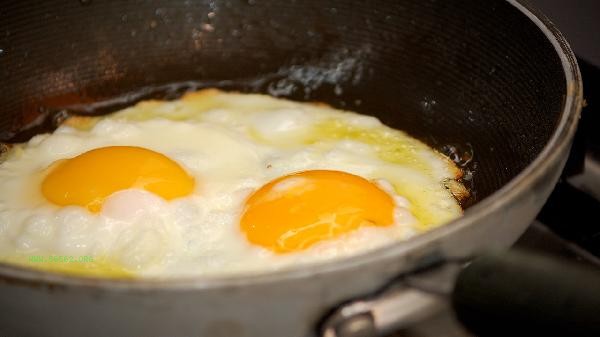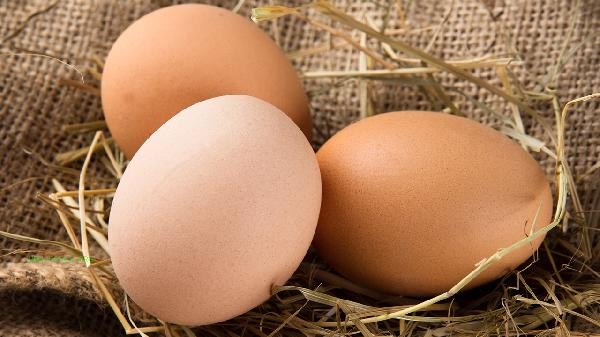People who are trying to lose weight can eat eggs in moderation at night. Eggs are rich in high-quality protein and essential amino acids, which can enhance satiety and promote muscle repair. However, attention should be paid to cooking methods and combinations, mainly including boiled eggs, steamed egg custard, low oil fried eggs, vegetable combinations, and controlling intake.

1. Boiled eggs:
Boiled eggs are the most recommended way to eat during weight loss. Each egg contains about 70 calories, with a protein digestion and absorption rate of over 90%, and does not increase oil intake. Controlling the cooking time to 8-10 minutes can prevent nutrient loss, and the lecithin in egg yolks can also help regulate blood lipids.
2. Steamed egg custard:
Egg custard made with a small amount of water or skim milk has controllable heat, soft texture, and easy digestion. Suggest adding low-fat ingredients such as mushrooms and shrimp to enhance flavor, and avoid using high sodium seasonings such as soy sauce. The steaming process can maximize the retention of trace elements such as vitamin B2 and selenium.
3. Low oil fried eggs:

Use a non stick pan spray can to control the oil consumption within 1 gram, and single-sided frying can reduce oil absorption. Eating vegetables rich in dietary fiber such as tomatoes and spinach can slow down the rate of blood sugar rise. Be careful to avoid consuming high-fat foods such as bacon.
4. Vegetable pairing:
Combining eggs with low-carbon water vegetables such as broccoli and asparagus can not only increase food volume and enhance satiety, but also supplement dietary fiber. It is recommended to use cold dishes or quick stir fry to preserve the nutrients such as vitamin C and folate in vegetables.
5. Control intake:
It is recommended to consume 1-2 whole eggs at night, and fitness enthusiasts can add an additional 1 protein. Patients with concomitant hypercholesterolemia should consult a nutritionist to adjust their intake frequency. Eating 2 hours before bedtime is more conducive to digestion and metabolism.

During weight loss, when eating eggs at night, prioritize low-temperature cooking to preserve nutrients and supplement dietary fiber with dark vegetables. Pay attention to individual differences, and individuals with lower basal metabolic rates can reduce egg yolk intake appropriately. Combining low-intensity exercise such as a 30 minute walk can accelerate nighttime fat metabolism. Long term implementation requires monitoring changes in weight and body fat percentage, and adjusting dietary structure under professional guidance if necessary. Maintaining a regular schedule and adequate sleep are equally important for improving weight loss outcomes.




Comments (0)
Leave a Comment
No comments yet
Be the first to share your thoughts!